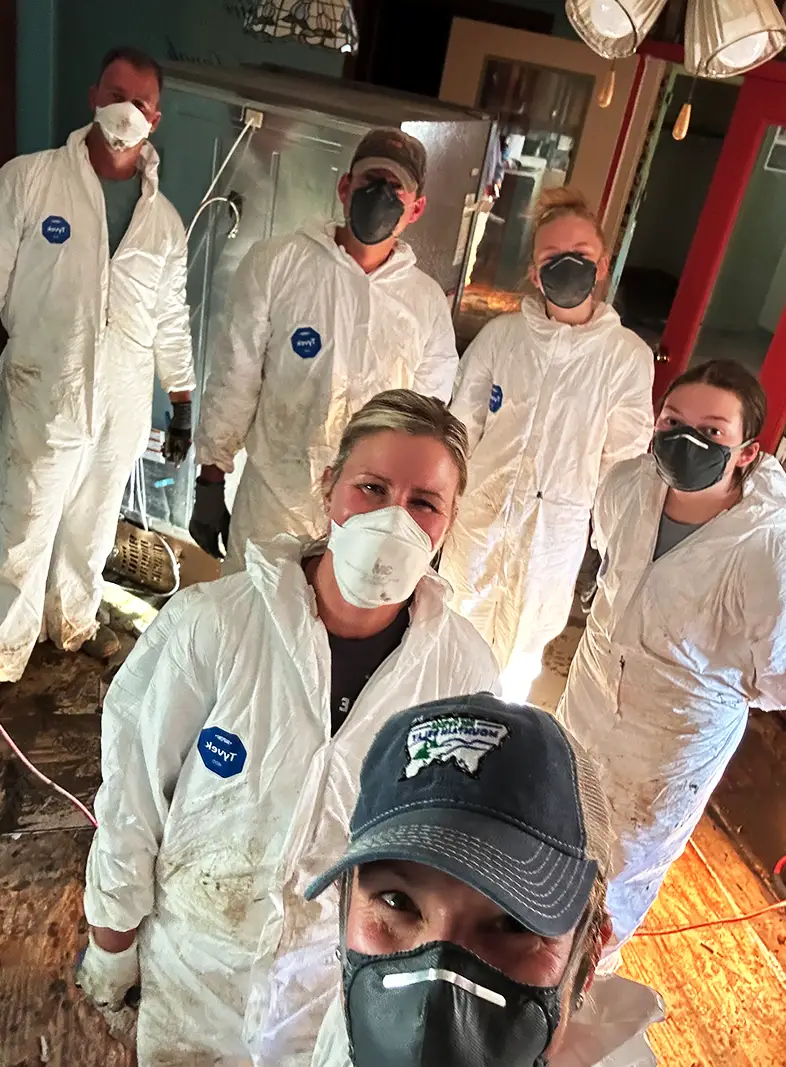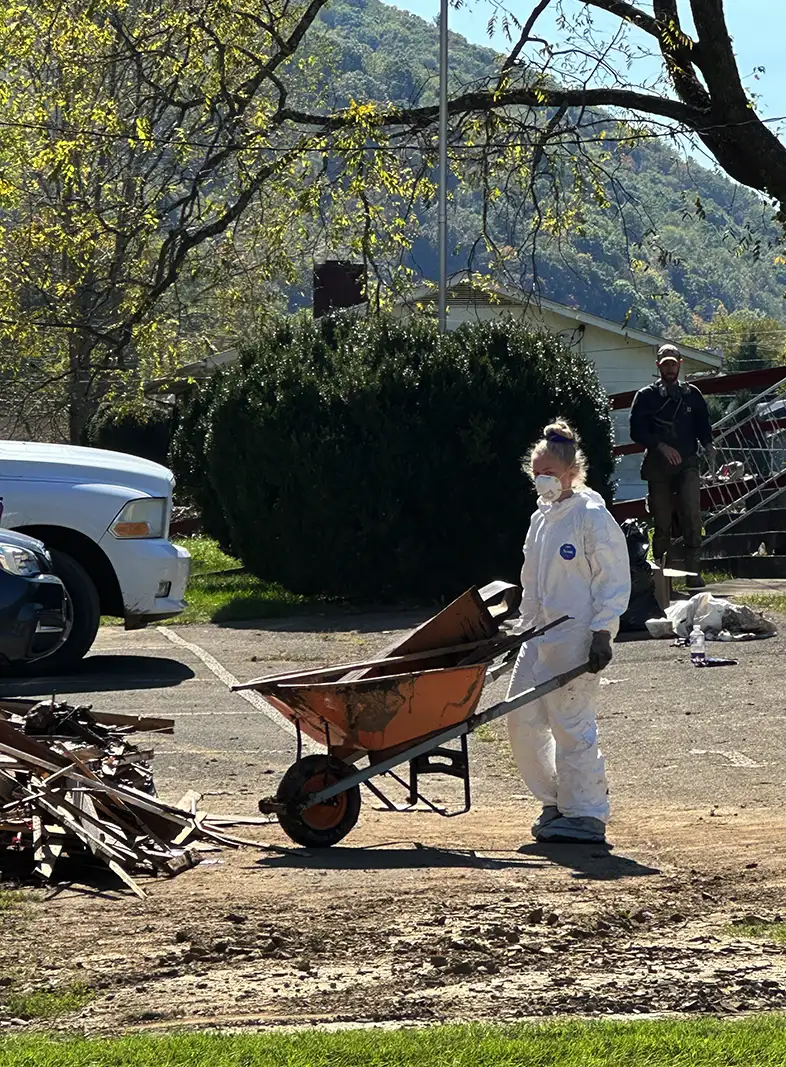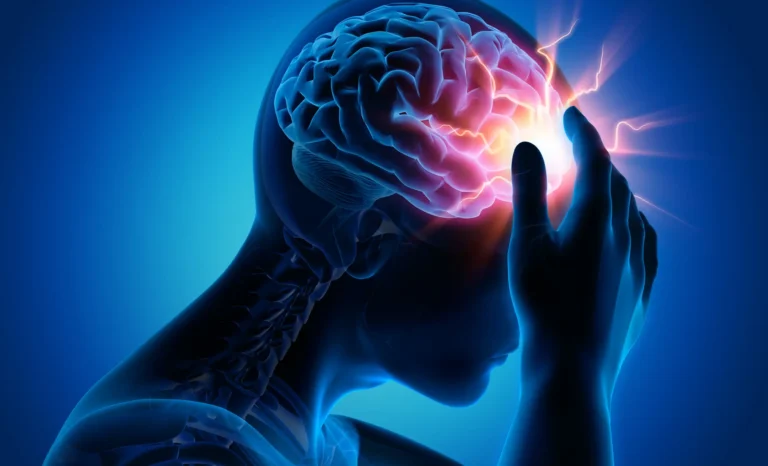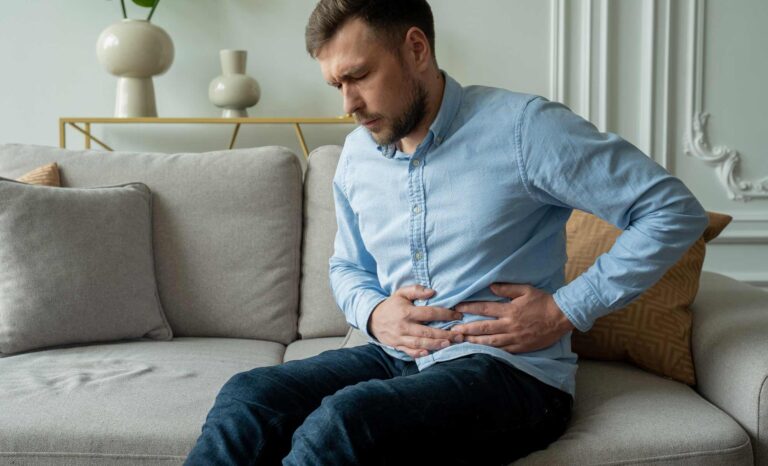Picking up the pieces. This phrase is often used in figurative terms, but after Hurricane Helene moved through this region, our surrounding communities know what it is like to literally pick up the pieces of their former lives.
Historically, we have been fortunate to be protected from the natural disasters that are more familiar to our southern counterparts. Having been protected from the direct experience of these types of disasters, there can be a greater emotional impact in experiencing the aftereffects.
It is more assaulting to the senses to see what this type of natural disaster does to a community if you have never been in the presence of it in the past.
Witnessing the physical destruction and experiencing the human toll on our communities can feel overwhelming.
The nonstop news coverage and social media posts that can override our circuits on a normal day create emotional and mental fatigue that can become the rule and not the exception. You may start feeling guilt that you were not directly harmed, or shame that you are not “doing enough to help.” All of these are natural feelings and signs you care for your fellow neighbor and see yourself in those that are hurting.
Find Resources for Your Health
Grief and loss in postdisaster times are experienced in many ways and there are many degrees of these feelings. Irritability, loss of sleep, apathy, anxiety, depression, and symptoms of post-traumatic stress disorder (PTSD) are all related to those directly and indirectly affected by natural disasters. If you are noticing these symptoms there are resources to help.
Whether you are part of a religious community, or just one who is connected to the people of your region, there is strength drawn from the inclusion of those around you to help with coping with the post-disaster reality. Leaning on trusted friends and family for support is helpful. If you are experiencing persistent feelings of distress or hopelessness and find it difficult to tend to your daily responsibilities, reaching out to your physician or a mental health provider is necessary.


Reframe the Holiday Season
As this 2024 holiday season approaches, there will be new meaning in the time we spend together. Hurricane Helene and its aftermath have changed the landscape of our surrounding region, and the recovery from the mental, emotional, and physical toll will take years.
Gatherings this year may look or feel different depending on the impact of your post-disaster reality. Holidays, even in “normal” years, are filled with additional stressors that can prove difficult. So, as we look to celebrate this holiday season, there are things to keep in mind:
- Feel your feelings. Though this may appear obvious, often we are ashamed or overwhelmed by our feelings, not quite understanding them, or even afraid of them. This can lead to repressing them to “put on a good face” so as to not disrupt those around us. Learning how to express your feelings to trusted people in your life, mental health professionals, or even keeping a written account of what you are feeling will allow the processing of your emotion. Avoiding and repressing feelings do not make them go away. They will multiply and find a way out, often through physical illness.
- Keep your routines. Even in normal years, the busyness of the holidays disrupts our typical routines which the brain relies on for stability. Diverting from these routines causes an unconscious unsettledness that often leads into higher levels of distress, anxiety, and irritability. In postdisaster times, these levels are already higher than baseline. To combat this additional stress, prioritize your sleep and exercise routines as much as possible. These are the most common items to be sacrificed and, ironically, are the most valuable to keep you stable through stressful times.
- Honor the conflict. During a time that is to be celebratory, it may feel disingenuous to empathize with those that lost so much, but feel grateful for what you have. How do we hold the suffering of this experience in one hand while trying to celebrate the spirit of this season in the other? Remember, there is no “right way” to do this. Life is always offering 50-50 experiences. It is often in the midst of tragedy that the beauty in the most simple moments can be revealed.
Reframing this holiday season as an opportunity to express the truest form of the “season of giving” is a way to honor those that were lost, have lost, and feel lost. Dimming your gratefulness for the people and security in your life does not alleviate the suffering of others. Recognizing your gifts allows you to show up in the world able to give more fully.
Recover at Your Own Pace
Recovery takes time. True recovery does not fit a 24-hour news cycle. The immediate adrenaline-filled desire to help cannot physiologically be sustained. There is often a crash after such peak emotion. This is normal, and this is also where the true work comes in.
Persistence is what rebuilds lives and communities. Finding ways to contribute your time, energy, and physical and financial resources over the long haul and allowing yourself to take breaks when you need to will be the scaffolding by which true recovery is built. Pace yourself.
As Sharon McMahon quotes Virginia Randolph in “The Small and the Mighty,” ask yourself: “What is the next needed thing?” Sometimes this is action, sometimes this is rest.







